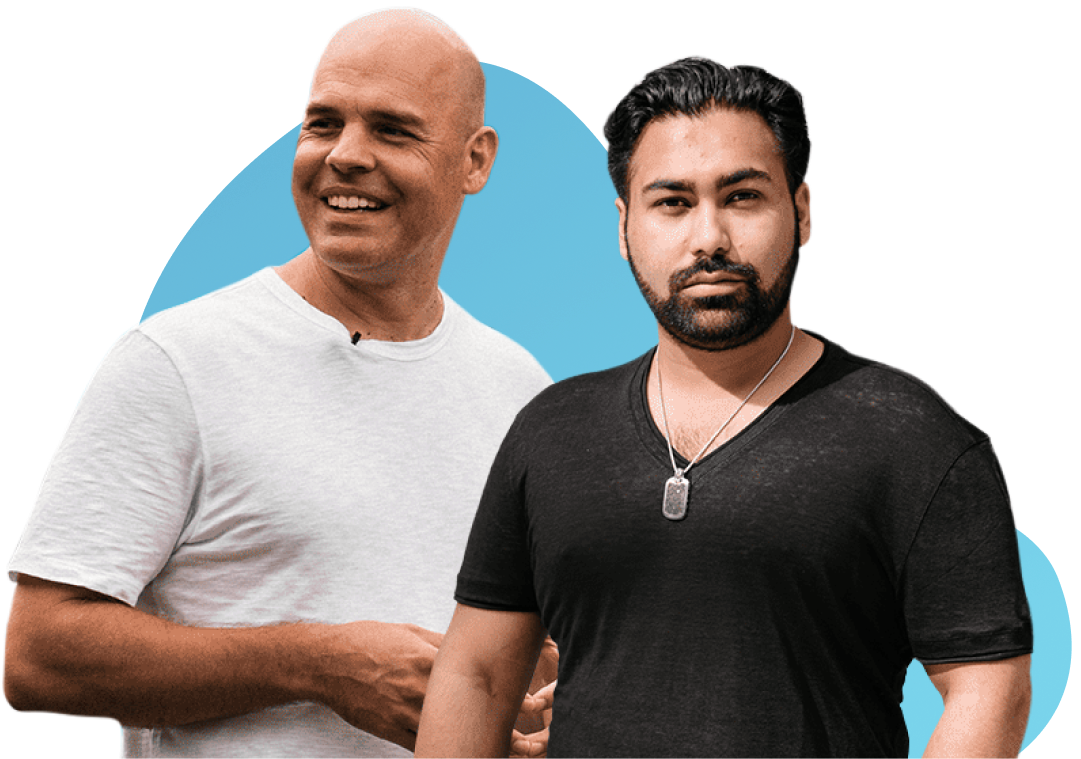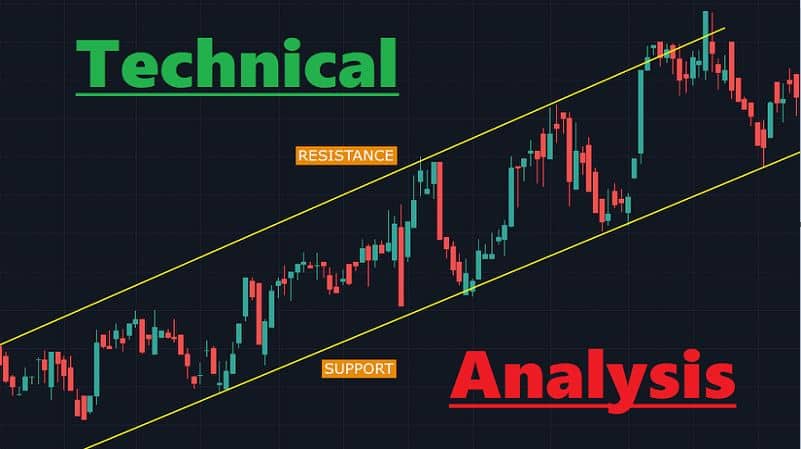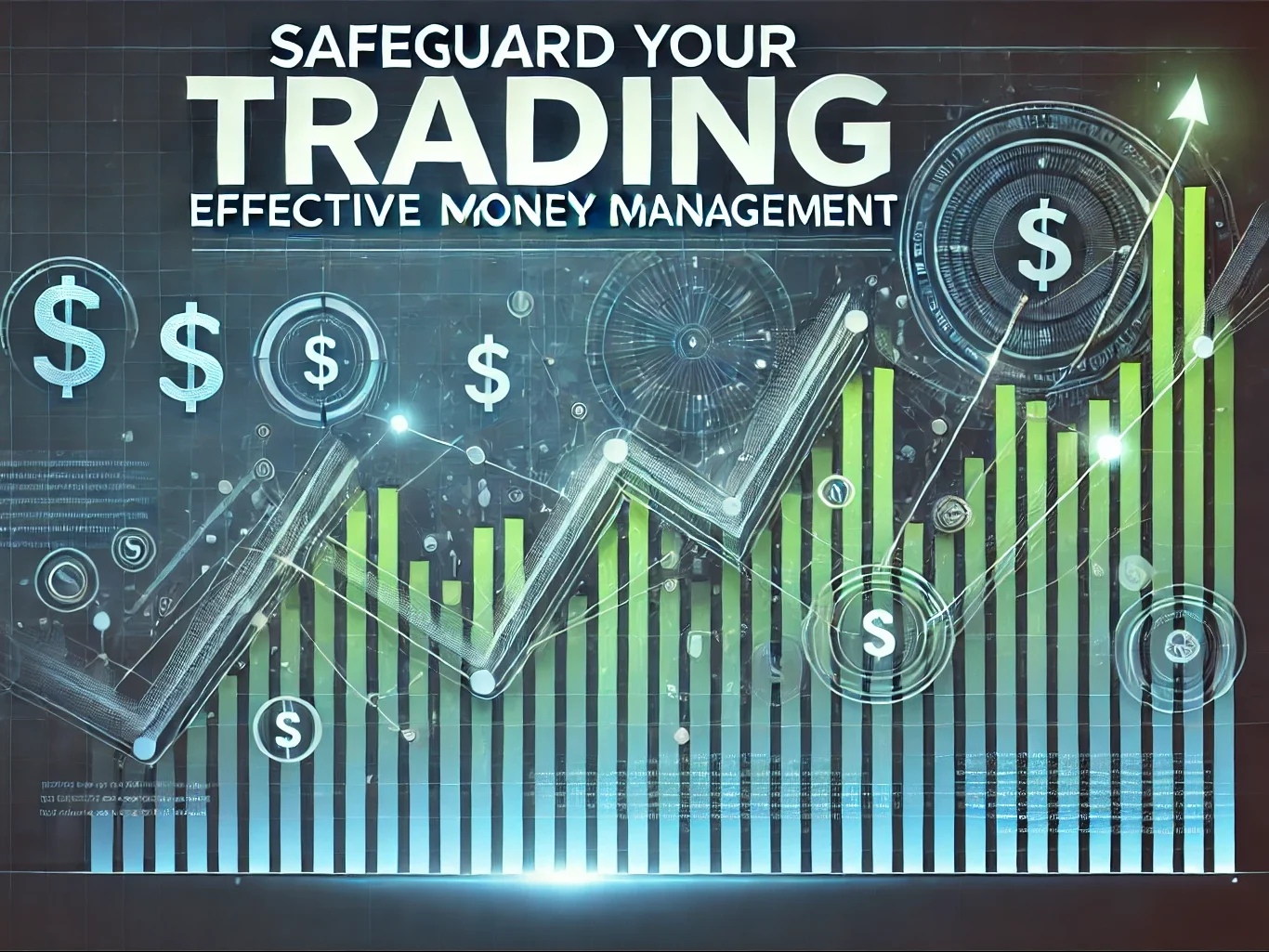Many clients find Live Traders and are amazed at home simple learning to trade can be. Is there a lot of information to digest? Does it take a lot of effort and commitment? The answer to both of those questions is a very serious “yes.” However, starting down your path to becoming a true trader isn’t a difficult feat.
This is your journey of a million miles. Live Traders is your single step.
That still doesn’t stop some clients from feeling lost among all the information and education available to them, and that’s perfectly natural. Today I want to briefly give you some tips on getting started as a trader, then discuss the first tips you’ll need when you trade your first account.
Getting Started on Your Path to Trading
If you ever feel overwhelmed with learning to trade, just remember that everyone starts somewhere. At the same time, it’s not enough progress to just open up some links and say you’ll read them eventually. Learning to trade is like learning a language — it takes effort and continuously learning to stay fluent.
Don’t panic. These tips are designed to help you be at peace with your trading journey and to push you forward.
- Never forget that education is important. It’s something worth investing in, because the returns you’ll get will be amazing. If you want to be a millionaire, you have to have a bit of a seed to get you started. It’s also important to understand that of course you can be a self-taught trader — however, without a program behind you, you’re left to sift through all the information on your own. This also means you may be misled by clickbait articles aiming to get views, not to educate you in the best way.
- Have specific goals in mind. It’s not enough to want to know how to trade — what do you actually want to do with this newfound skill? Is it something you want to do full-time, or is it a part-time hobby? How much do you want to earn in a year after becoming a true trader? Five years? Ten? Think big goals and gear your education path towards these goals.
- Be prepared to put in LOTS of effort. Learning to trade isn’t something you spend 15 minutes a week doing before you get a certificate at the end of however many months. You have to be willing to put in work towards learning how to trade every day, then continue learning and observing the market. Hard work and elbow grease will get you far in learning to trade.
- Learn to be patient. Again, becoming a trader isn’t something that you get done in X amount of time. It takes patience, and you’ll be a true trader when you’re ready. Don’t rush things. The more experience you get under your belt, the better chance you have at success.
- Become self-aware. Every trader is different. The education found at Live Traders can work for anyone, but every trader develops their own style. You make your own decisions and know what works for you. The more self-aware you are, the more you can hone your trading style.
Once you’ve achieved all of these things, you aren’t a trader — yet. Once you feel confident in yourself, you want to start small. Don’t jump into huge trades; try something on the smaller side so if you do end up losing money, you don’t lose anything crippling.
Day Trading Your First Small Account
Your first account, again, should be small. Just like any other skill, you start small and eventually grow your skills to master bigger accounts. By this time, you’ll also have more capital behind you AND you’ll be a more experienced trader. But you have to start somewhere in order to get this capital and experience.
You’ll have all of the above tips on your side, but it’s also important to not go in blind. These are the four most important rules I tell fledgling traders to follow when they officially want to trade their first account.
- Go for a low margin of error.
Risk is a part of trading, yes, but don’t start your career as a trader on rocky footing. The first small account you trade should be a great setup — the reward may not be all that high, but the low risk makes up for it.
As you trade more and more accounts, you’ll find that you’ve developed a more keen sense of risk. Again, you’re building yourself up. It’s never wise to go all in on your first trading experience.
- Practice and preach your trading strategy.
I’ve seen it time and time again. A fledgling trader develops a strategy during their education phase and treats it like it’s a homework assignment to turn in — they establish it and then forget it because to them it’s just another exercise to perform. It’s not.
When you establish a successful trading strategy, you stick with it. Don’t feel like because you’ve made a few successful trades that you can call yourself a master and start to wing it. The reason for those successes? Your strategy. Go over it, perfect it and use it often.
- Know your limits.
When you were a kid learning to swim, did you ever want to jump into the deep end of a pool just to say you did it? Fledgling traders feel the same way about the market, I’ve seen. They know they have the skills it takes to trade, but they don’t want to start small. Instead, they want to trade all the time, making riskier trading decisions with each passing day.
I don’t tell early traders to stay small for a while for no reason. Again, it’s about gaining knowledge and real experience. If you go too hard too fast, you risk losing your capital and having to start all over again.
- Stop loss is your friend.
You should know this by now, but a stop loss is an order that you put in that sells a security once its reached a certain price. The purpose for this order is to help mitigate risk and loss. When you’re starting out, it’s important to set a stop loss limit every single day for each trade you want to work on.
Learning how to trade is certainly an amazing experience, and I understand why fledgling traders get excited by the prospect — if you thought you could become a millionaire, wouldn’t you be excited? However, it’s always important to remember that becoming a millionaire doesn’t happen overnight. In fact, for some people it may never happen at all.
The best way to ensure your success is to stay level-headed and think about trading logically. Work hard every day, mitigate your risk and be conscious of your experience and abilities. With these skills, you’ll likely become a successful trader.





